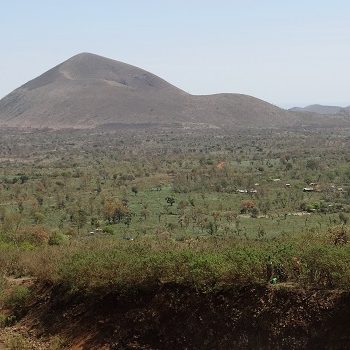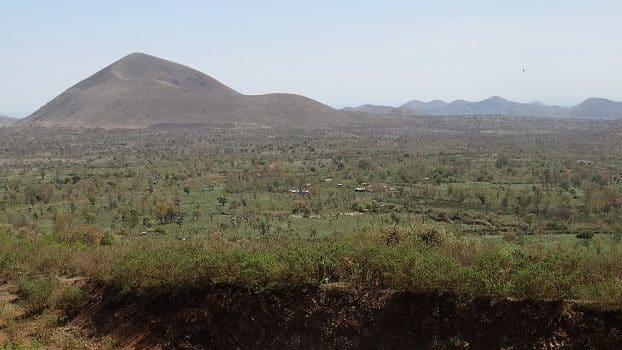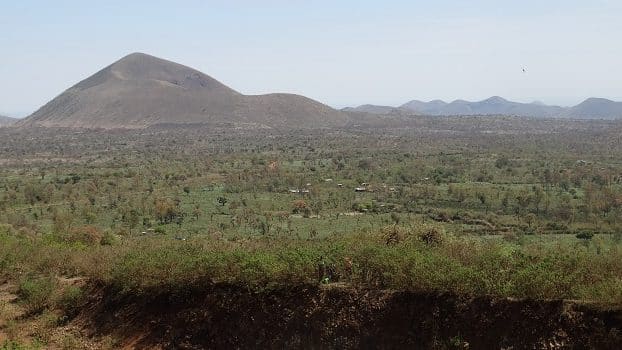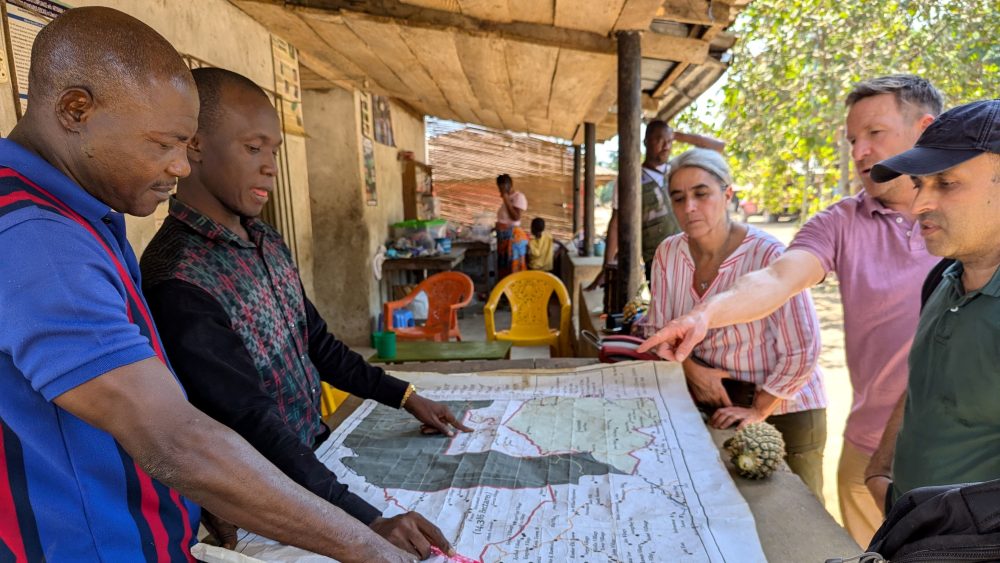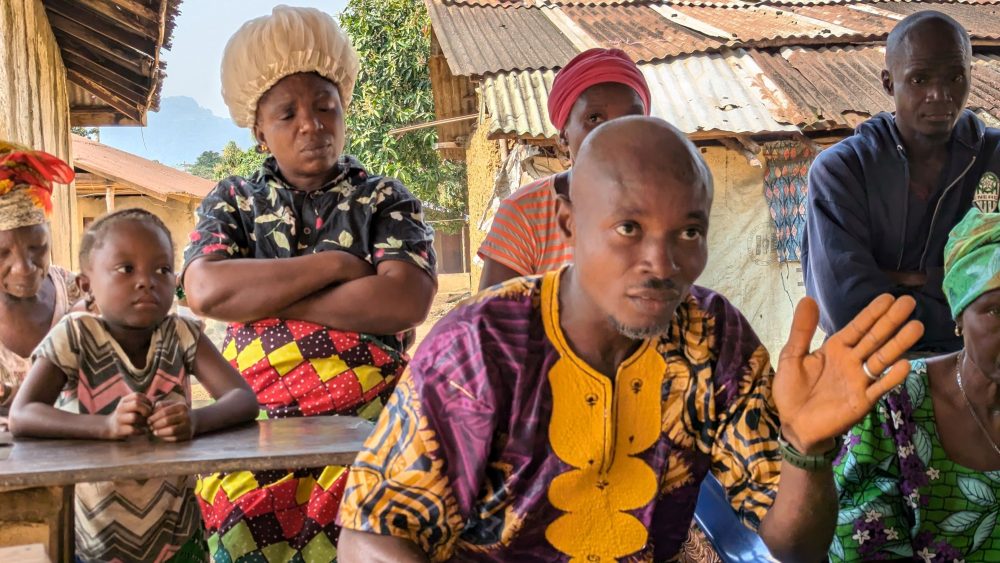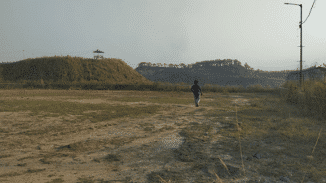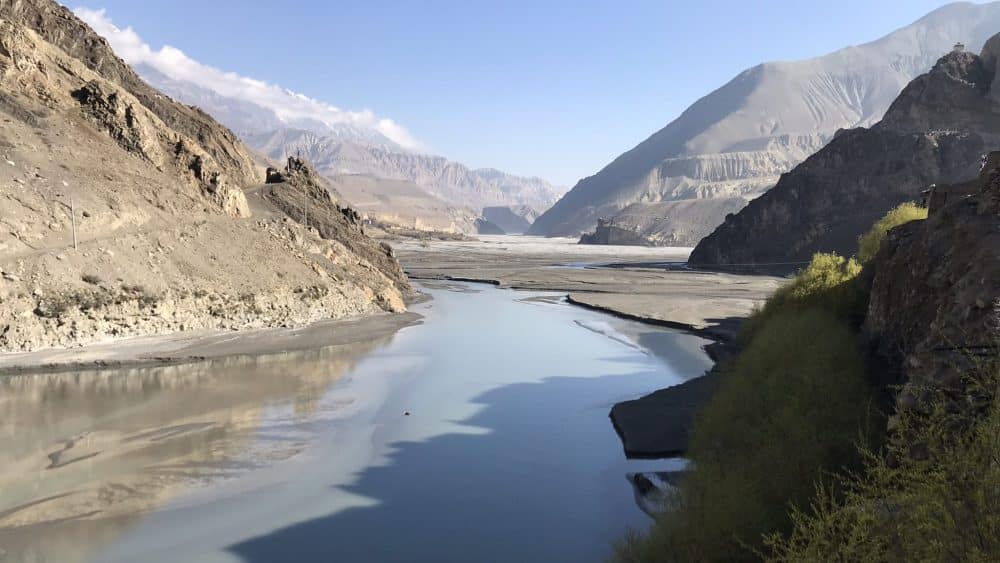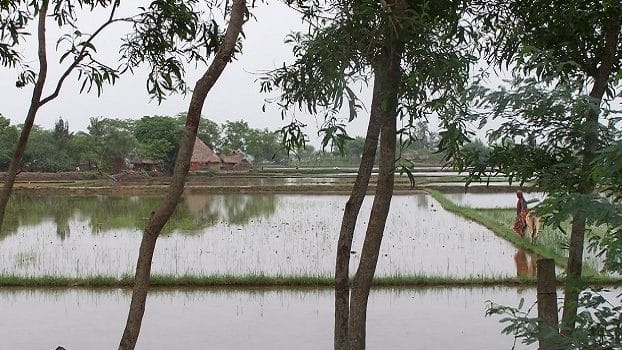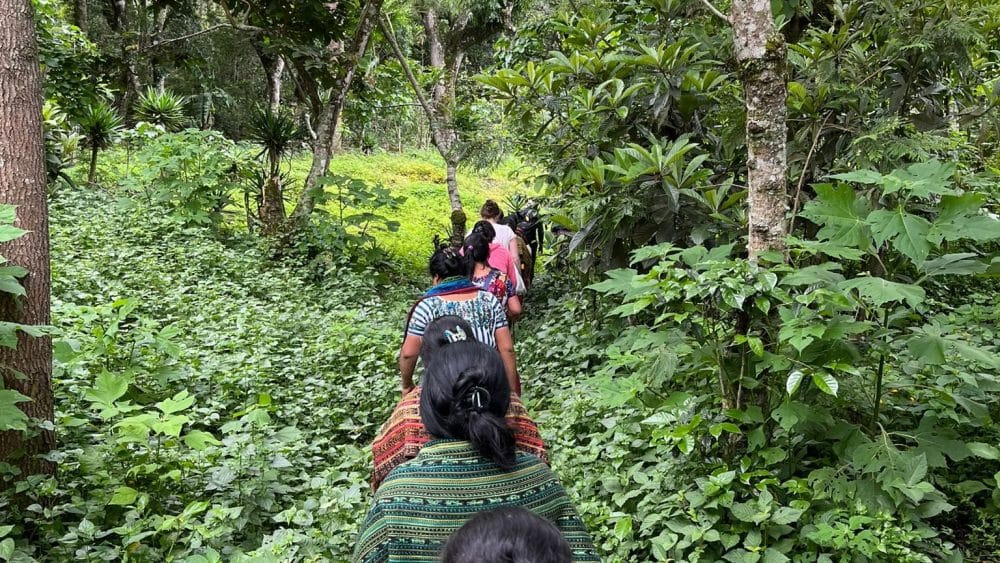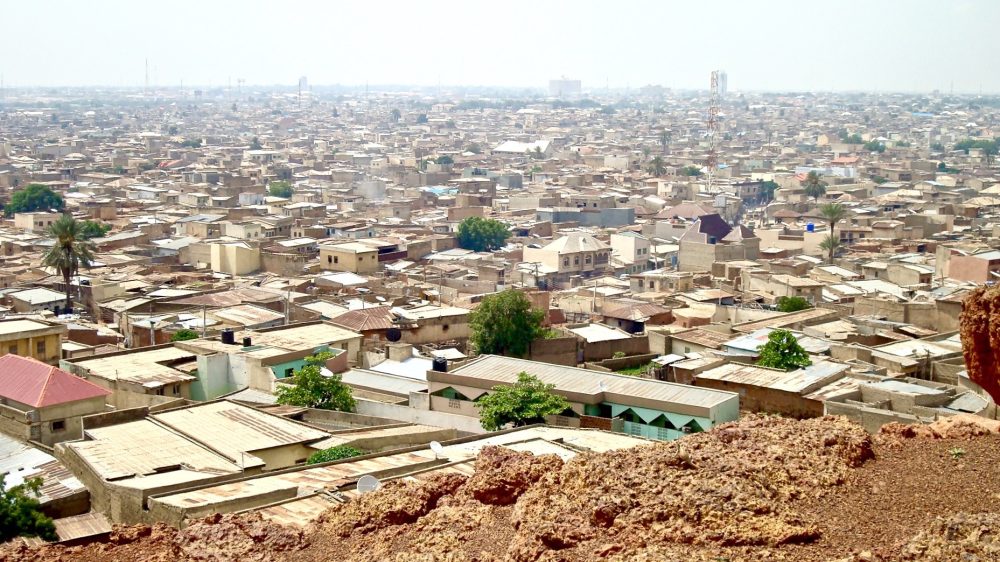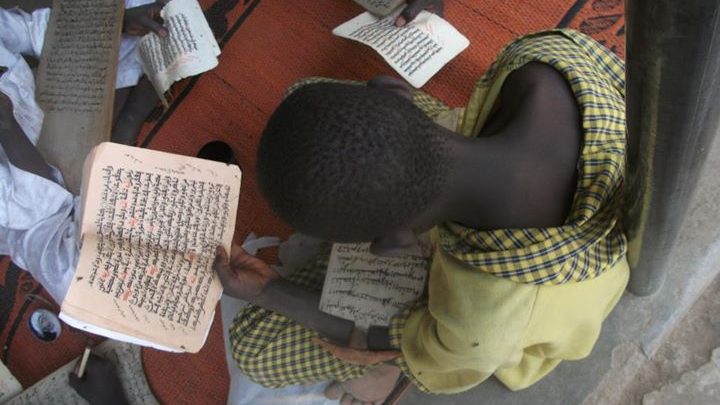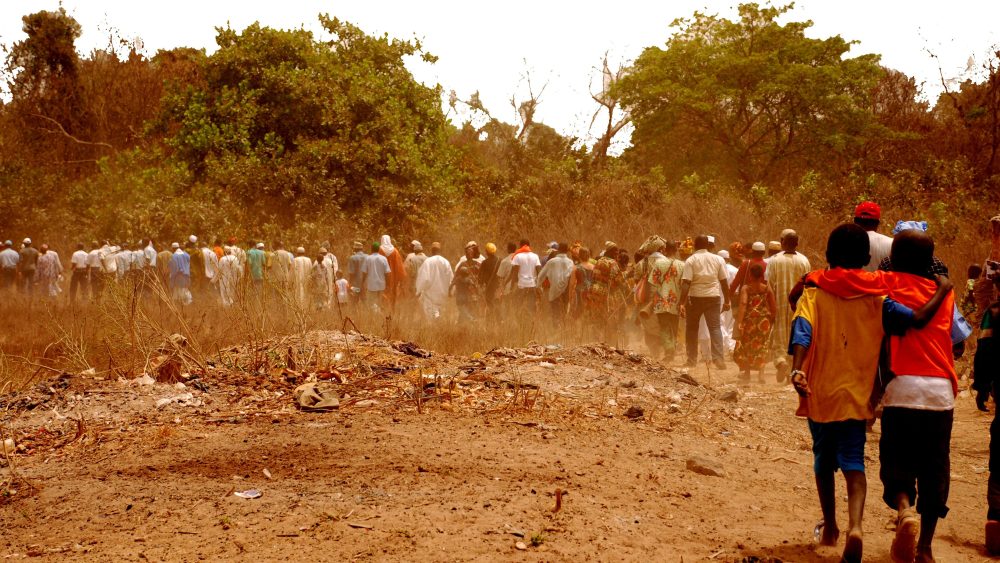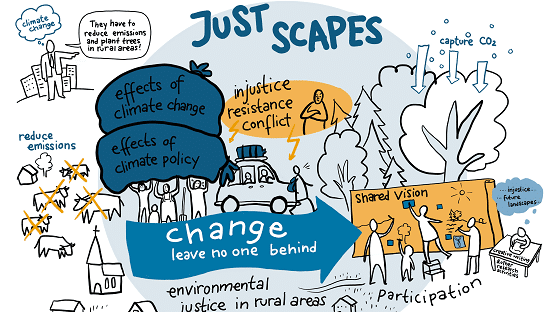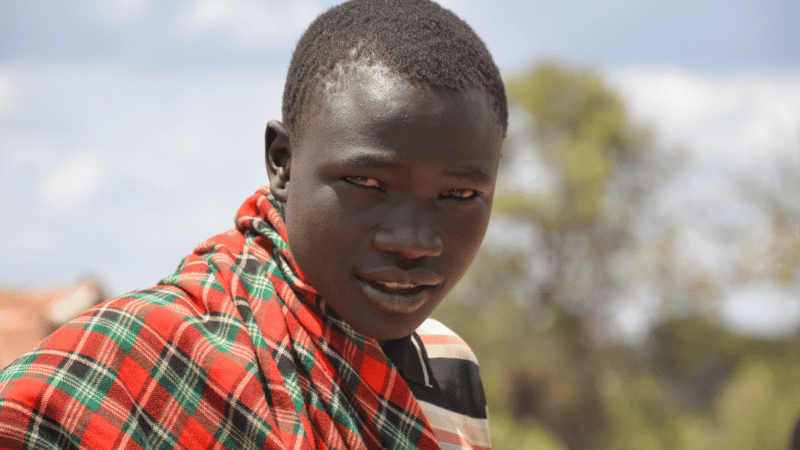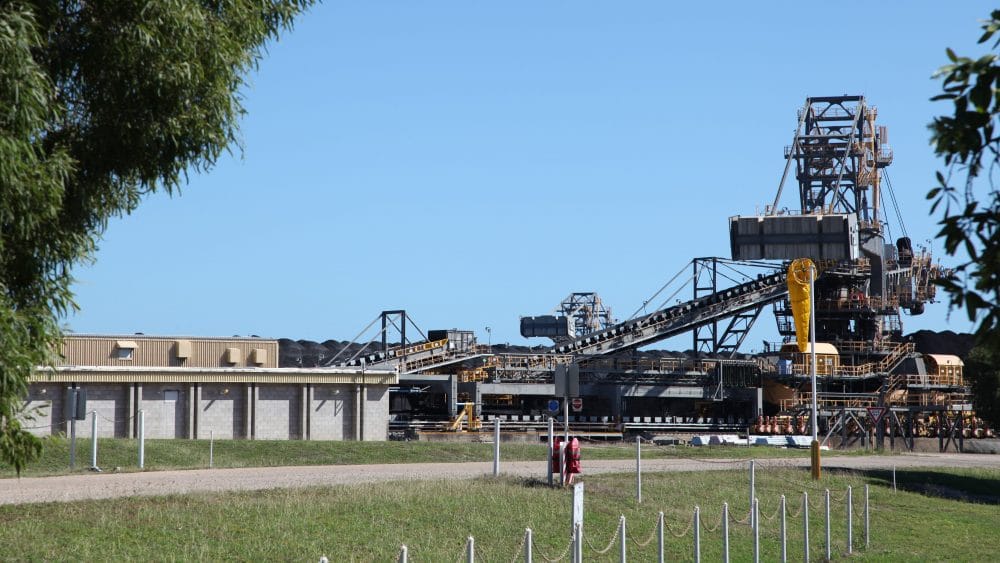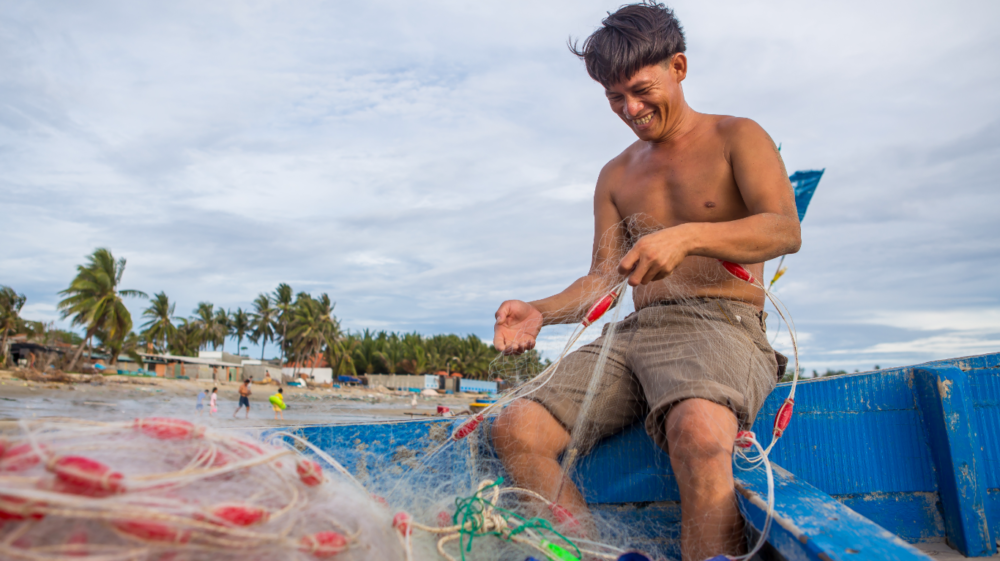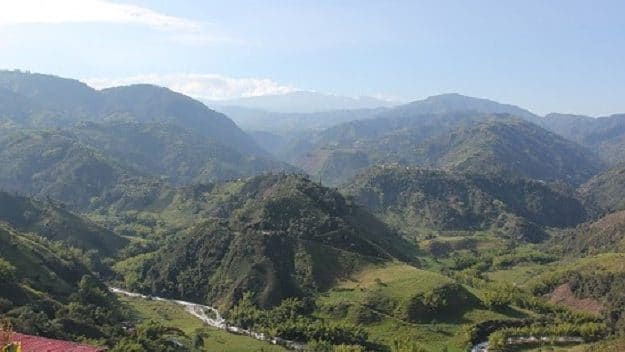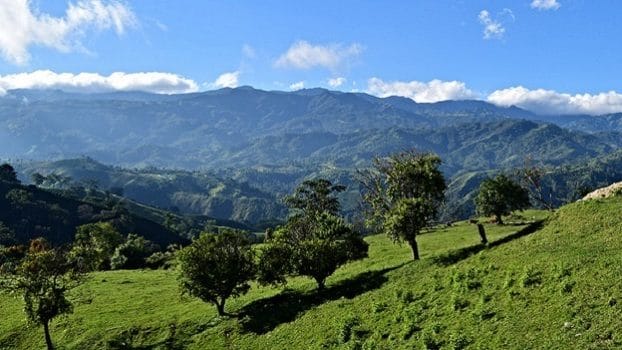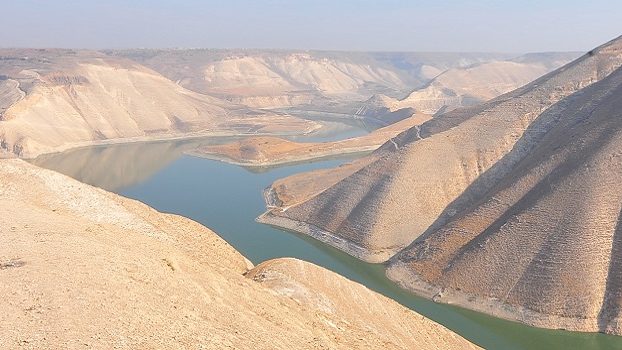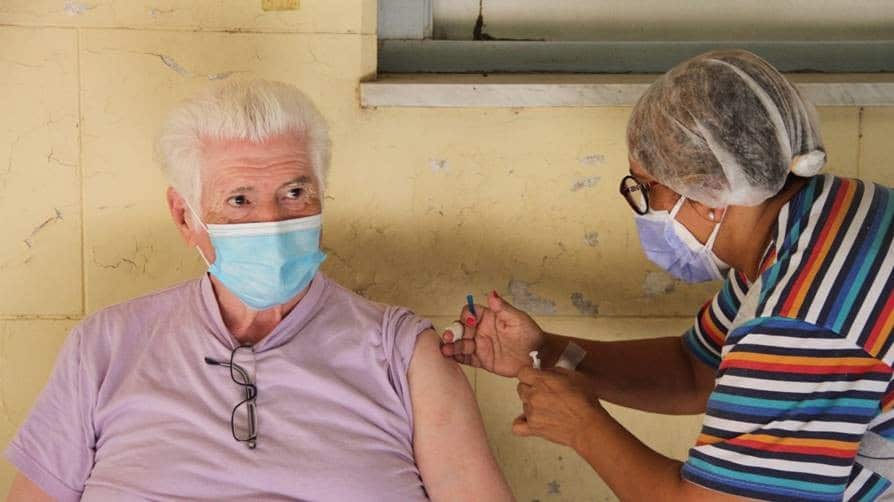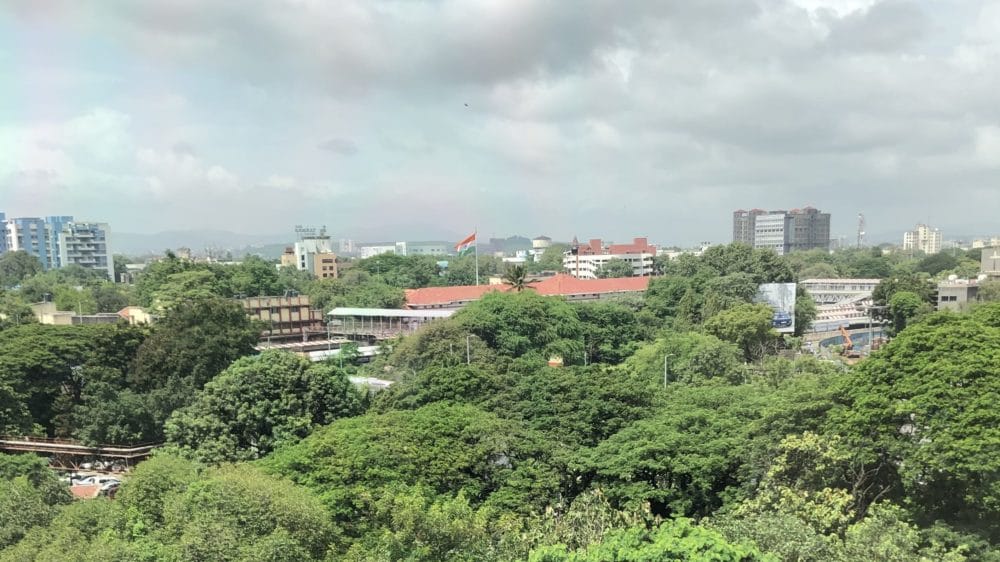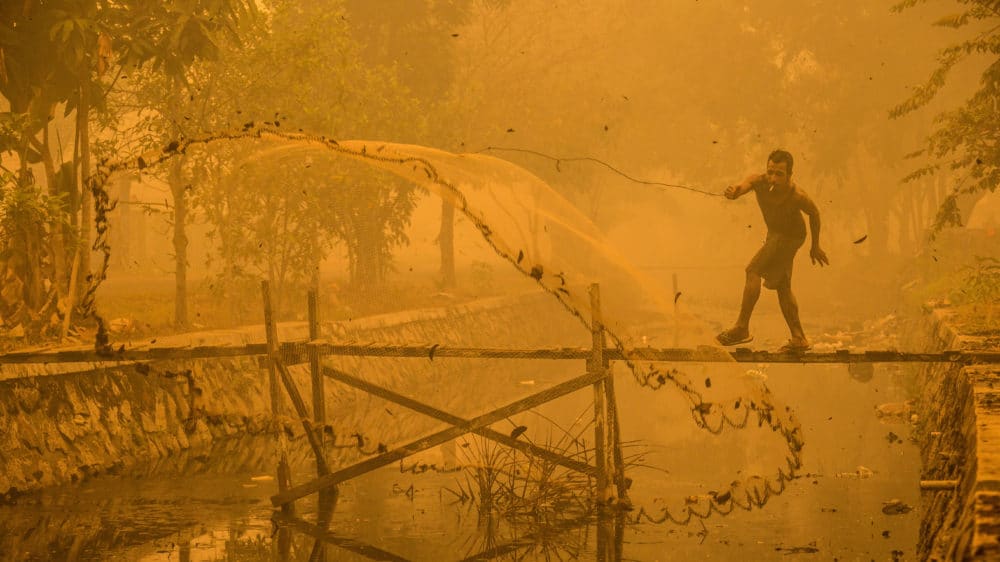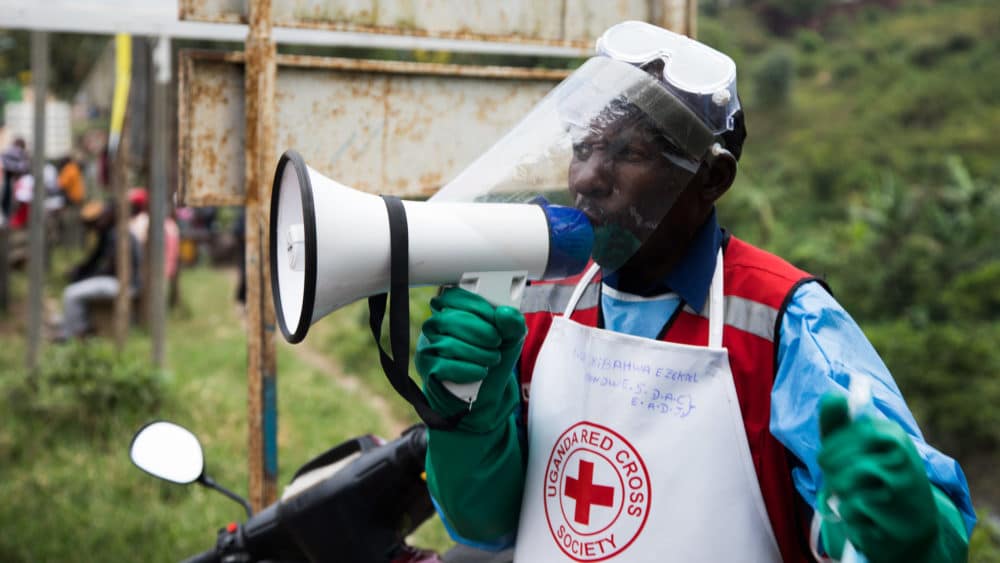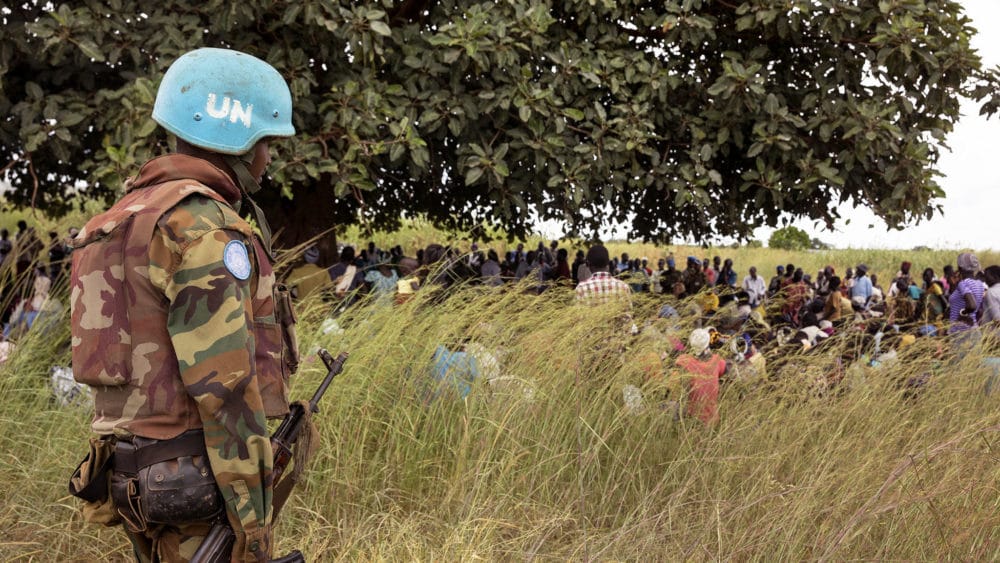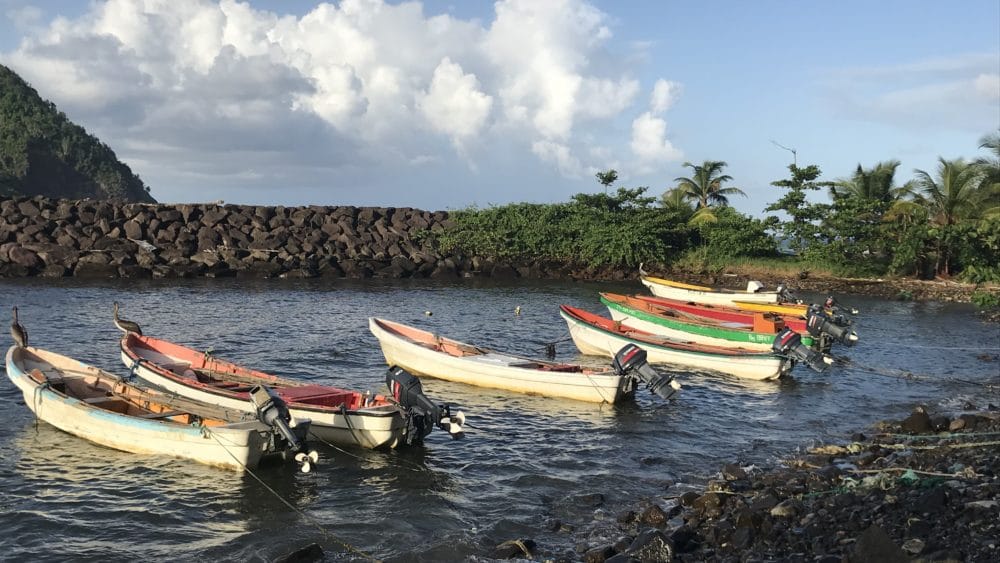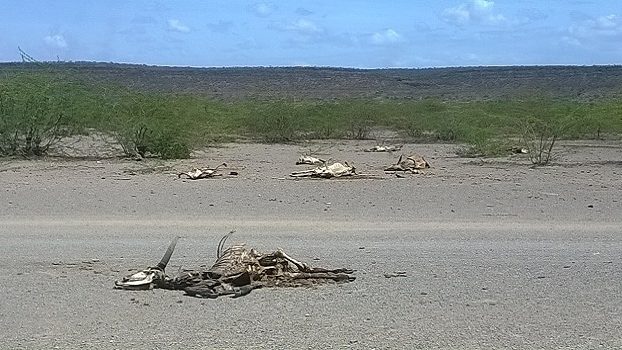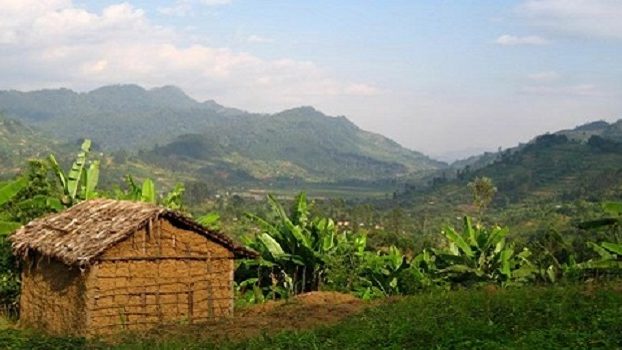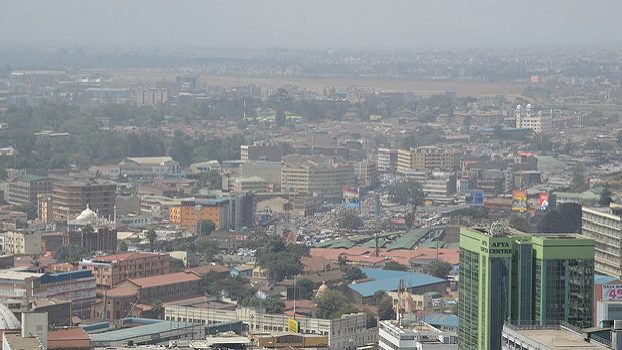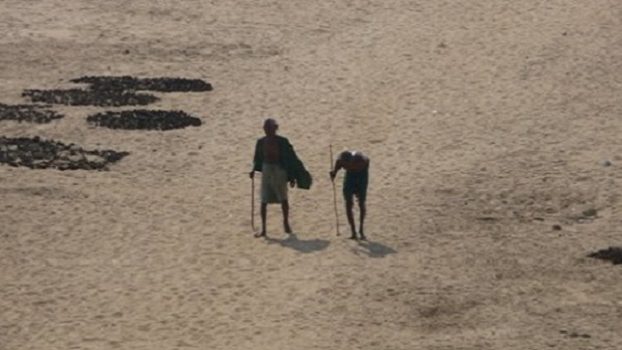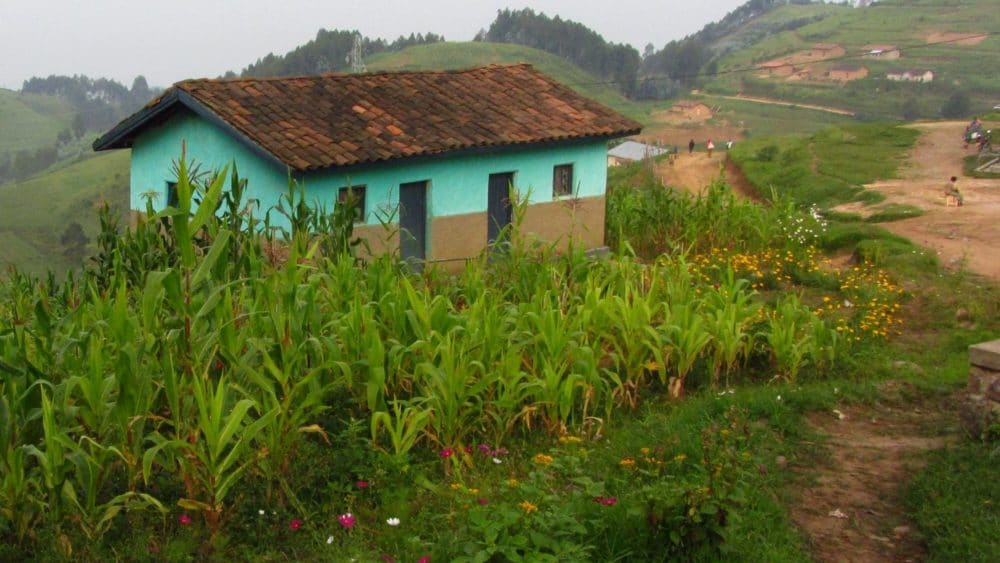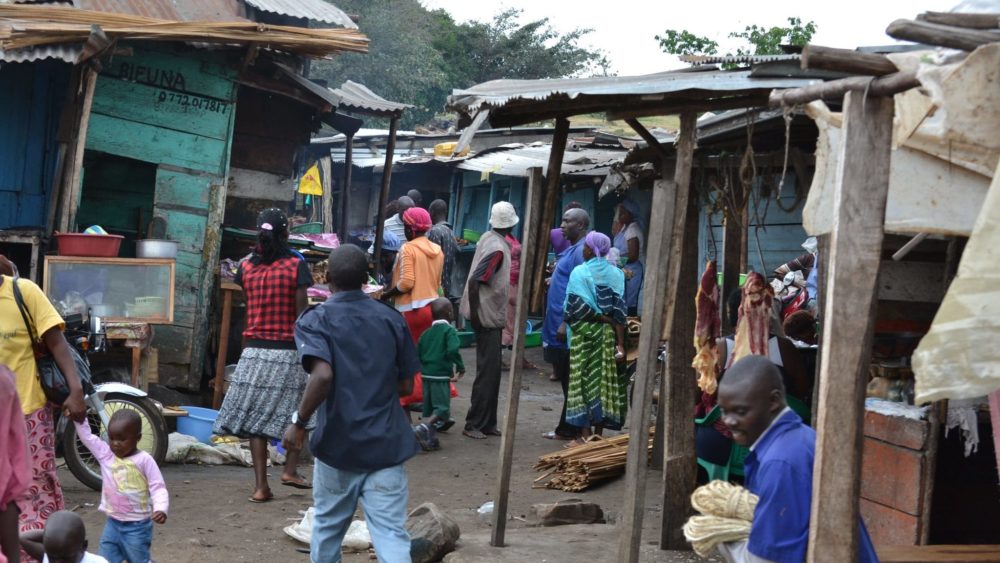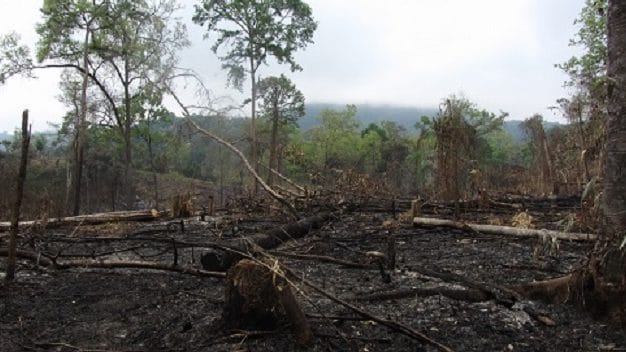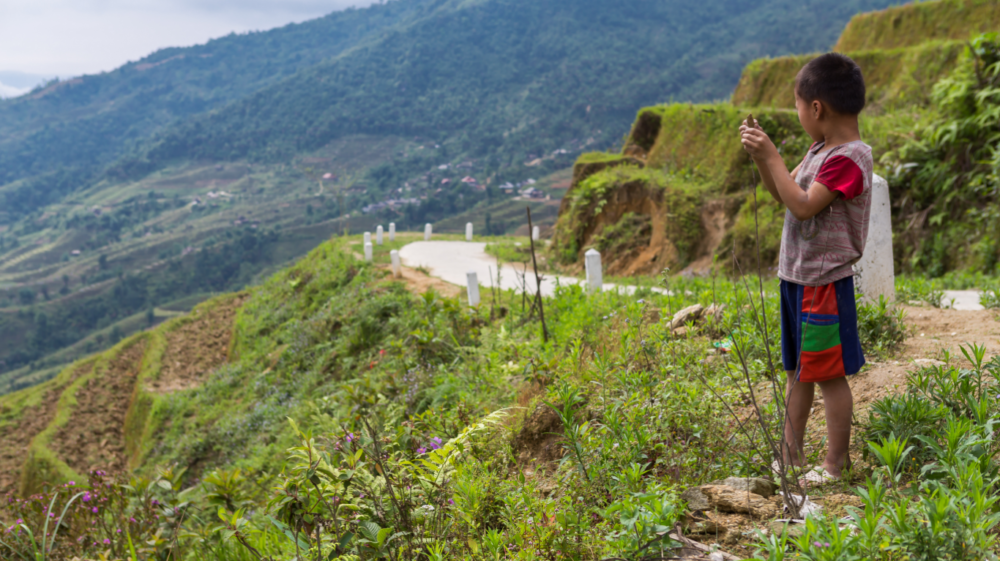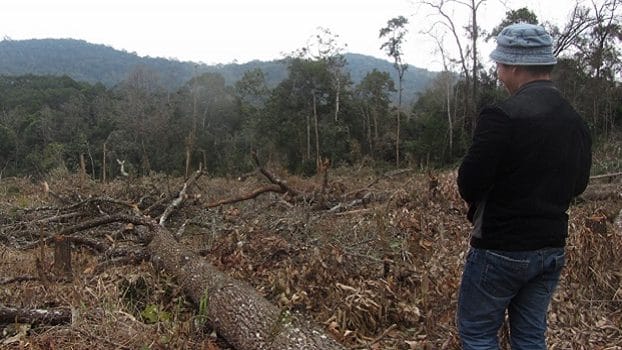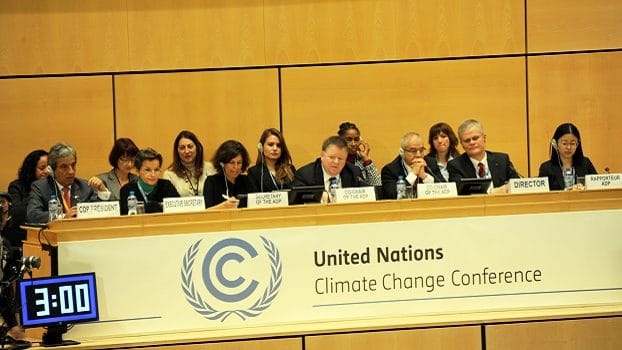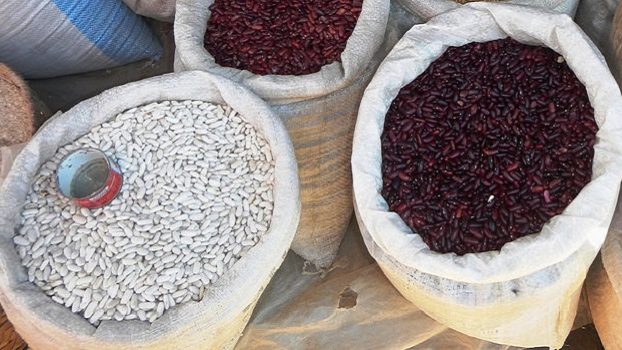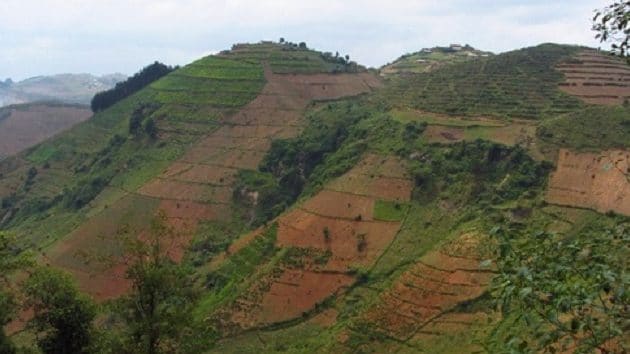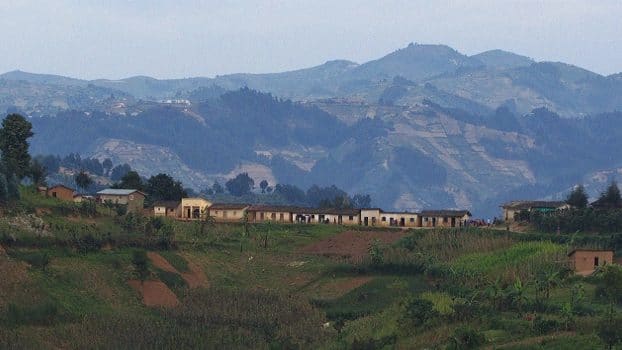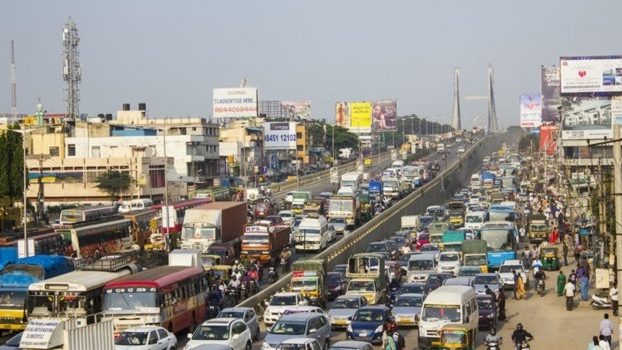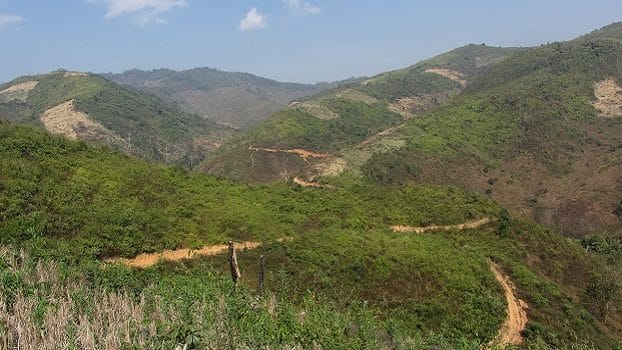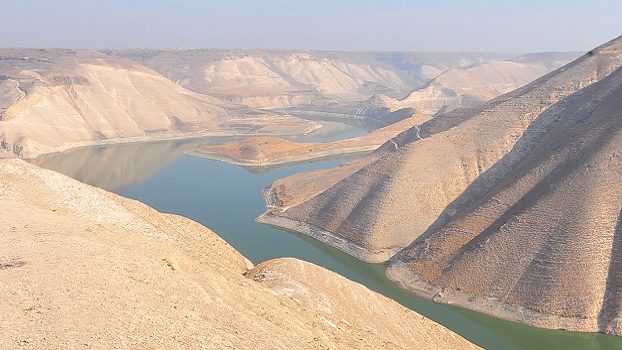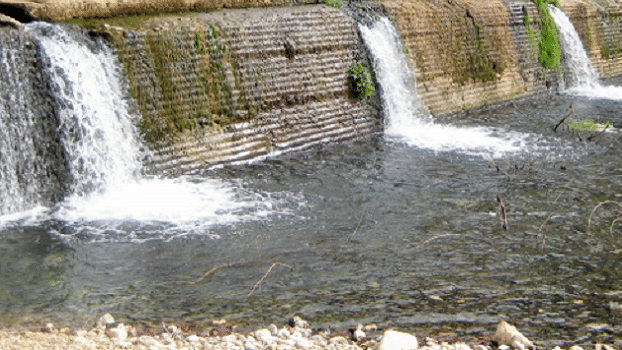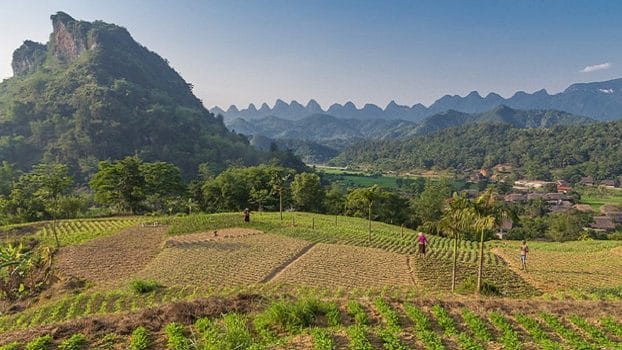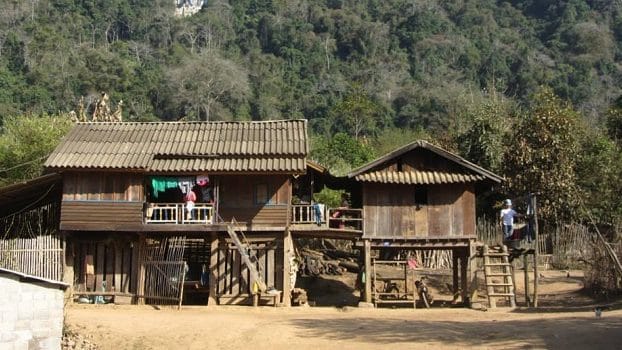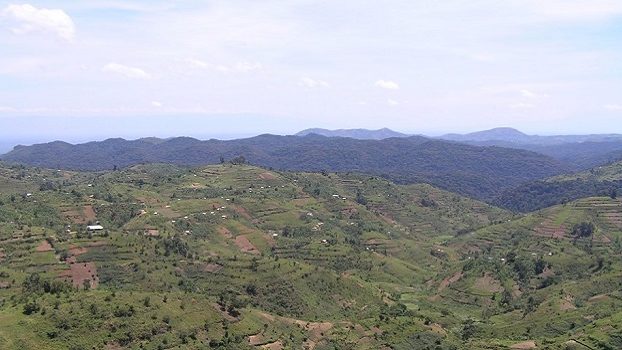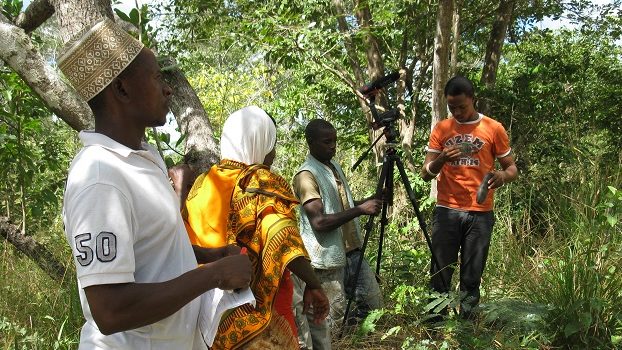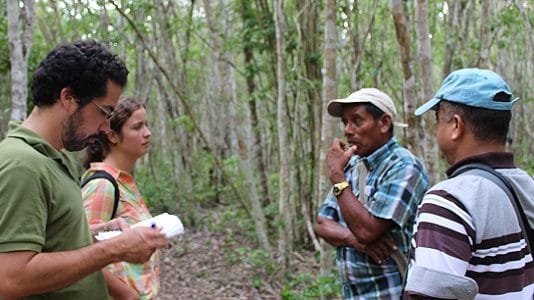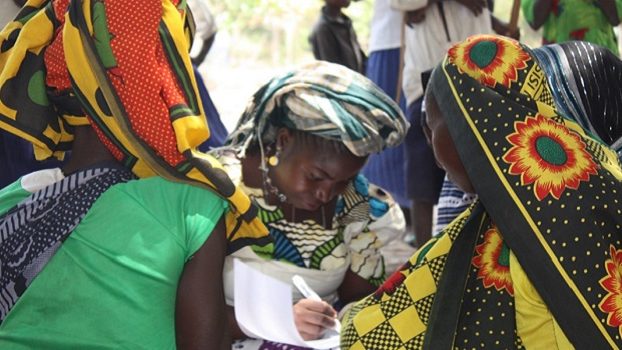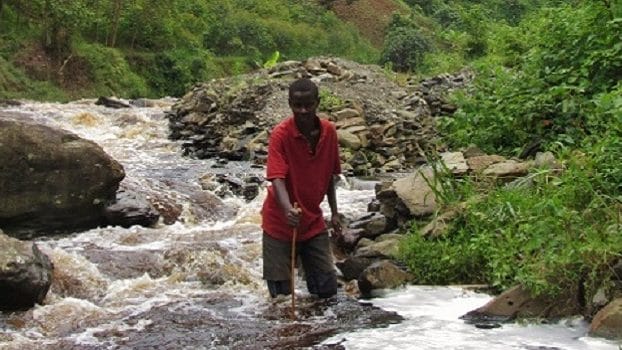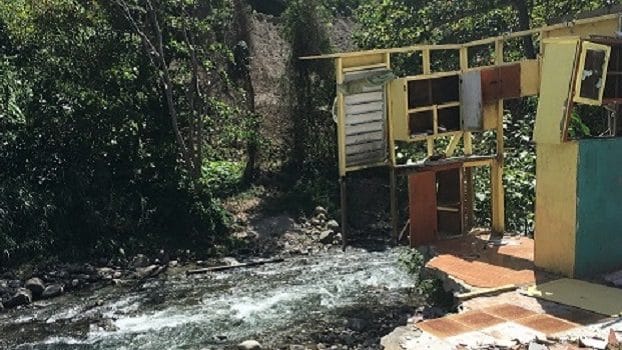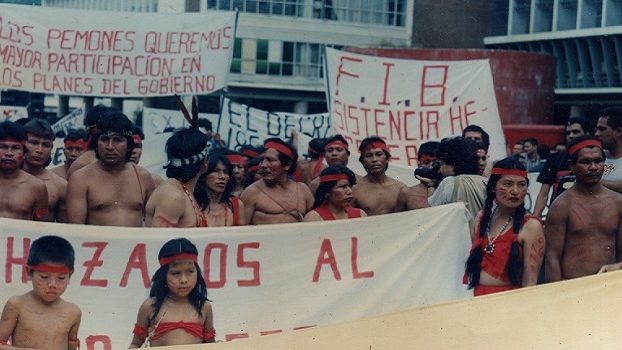This 24-month project, funded by the International Development Research Centre, Canada and the Department for International Development, UK, synthesised knowledge generated by a number of projects funded under three recently completed climate research programmes (the Collaborative Adaptation Research Initiative in Africa and Asia, Future Climate for Africa and Building Resilience and Adaptation to Climate Extremes and Disasters).
The Climate Resilient Development Pathways in Semi-Arid Regions (CRDP-SAR) project rationale and objectives built on the work already completed by two Collaborative Adaptation Research Initiative in Africa and Asia (CARIAA) projects, supplemented by insights from three other major and recently completed research projects. The CRDP-SAR project synthesised learning from outputs across these five research projects and augmented this learning with a global review of literature drawing on the Global Adaptation Mapping Initiative. In addition, and complementing the high-level learning, the project grounded these insights through three case study countries (India, Kenya, and Namibia). Through these case studies, the project developed country-level development trajectories (elucidated through an analysis of key sectoral and developmental policies) and the evaluated extent to which these aligned with or diverged from the pathways elaborated through the review of recently completed research. Three main messages have been synthesised from the project and form the basis for engagement with stakeholders: tackling inequalities, avoiding unsustainable outcomes, and strengthening capacities are crucial if we are to realise climate resilient development. In order to road test the approach summarised above, the project engaged with key stakeholders from specific sectors to explore the tensions and synergies of current development trajectories, indications are that the approach does have traction and can support efforts to bring about meaningful policy change or enhanced developmental trajectories over the medium term.
The project outcomes have focused at two levels: international and national. At the international level, a ‘CRDP’ story is included in Assessment Report (AR) 6, Working Group (WG) II, Chapter 18 and work is ongoing to produce a project-level, high-impact journal article that synthesises findings from the project. Major learnings from the project also form an integral part of a submission to Conference of Parties (COP) 27 in Egypt entitled ‘Achieving Climate Resilient Development in Africa and Asia’. The work at the international level supports the ongoing efforts to mainstream CRDP principles and approaches into policy responses to climate change. Nationally, progress has been made in all three case study countries but at different rates. In Namibia, the CRDP project has worked closely with Desert Research Foundation Namibia (DRFN) (through their International Development Research Centre (IDRC) CLimate Adaptation and REsilience (CLARE) project) and through a Climate Development Knowledge Network-University of Namibia (UNAM) upscaling project in partnership with the Ministry of Environment, Forestry, and Tourism. Through the latter partnership, Namibia-relevant findings from CRDP were disseminated at two workshops (Otjowarongo 15 -17 June 2022 and Rundu 20 – 22 June 2022) with further project outputs and engagement to follow. This partnership approach ensures that new knowledge generated through the project continues to be used and incorporated into relevant stakeholder policy agendas. In Kenya, work has focused at the county level with the aim of showcasing possibilities for wider rollout to other locations. The main findings from the CRDP project for Kenya was presented and discussed at a meeting with senior representatives from Agriculture, Climate, and Livestock. In India, work to enable dissemination and uptake has been incorporated into wider impact agenda that Indian Institute of Human Settlements (IIHS) is undertaking to positively influence and shape policy agendas.
PROJECT PARTNERS
– University of East Anglia, UK
– University of Cape Town, South Africa
– Indian Institute of Human Settlements, India
– International Water Management Institute, Ethiopia
– Kenya Markets Trust, Kenya
– University of Nairobi, Kenya
– University of Namibia, Namibia

